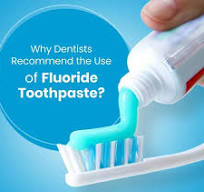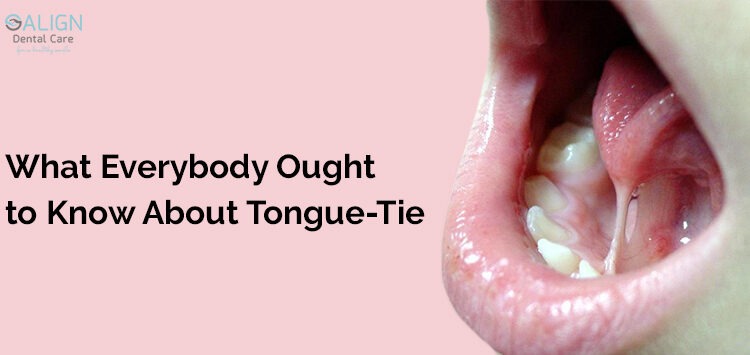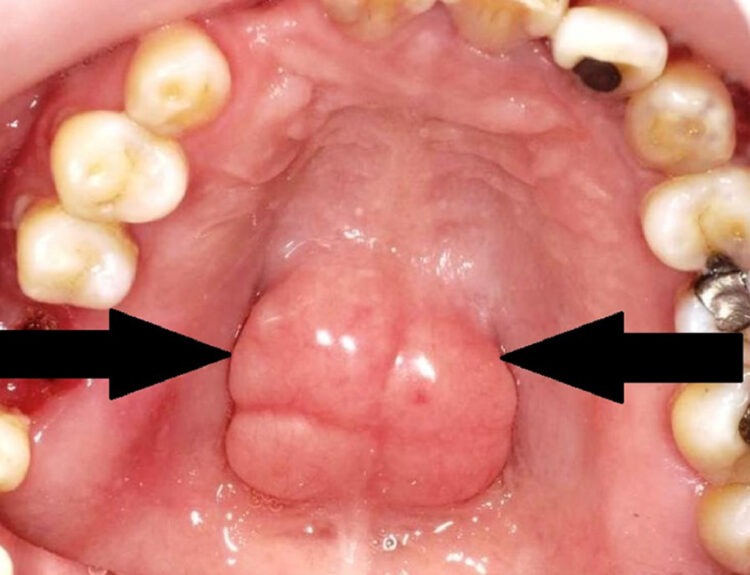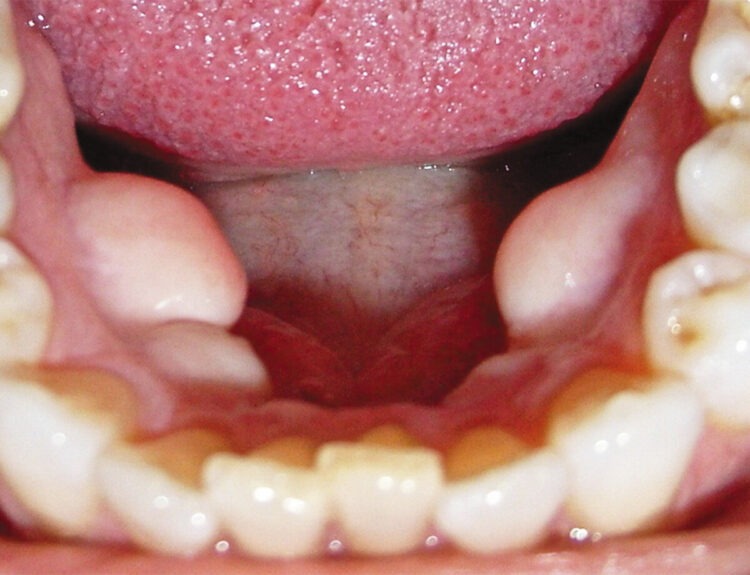Fluoride Toothpaste
Fluoride toothpaste has become a cornerstone of modern oral hygiene practices due to its remarkable ability to enhance dental health. Its widespread use stems from the presence of fluoride, a naturally occurring mineral with scientifically proven benefits for teeth.
Fluoride works by interacting with the tooth enamel, the hard outer layer of teeth. It strengthens the enamel by promoting the formation of fluorapatite, a more resistant mineral compared to the natural hydroxyapatite found in teeth. This increased resistance makes teeth less susceptible to the acids produced by bacteria in the mouth, which are the primary culprits behind tooth decay (cavities).
Moreover, fluoride exhibits a remarkable ability to reverse the early stages of tooth decay. When a cavity begins to form, fluoride can help remineralize the affected area, effectively repairing the damage and preventing the cavity from progressing.
It is important to emphasize that fluoride toothpaste, when used as directed, is generally considered safe for routine dental care. The benefits in preventing cavities and maintaining strong, healthy teeth significantly outweigh the minimal risks associated with its use. However, it is mandatory to follow the recommended guidelines for toothpaste use, especially for young children, to avoid accidental ingestion.
Dose:
For adults using a pea-sized amount and not swallowing paste ensures fluoride remains safe and effective.
For Children:
Under 3 years: Use a smear of fluoride toothpaste under supervision.
Ages 3-6 years: Use a pea-sized amount with adult guidance to prevent swallowing.
Use toothpaste with fluoride concentrations of 1000-1500 ppm (parts per million) for optimal protection.
For those with higher cavity risk, dentists may recommend higher fluoride concentrations or prescription-strength toothpaste.
Potential Risks:
Fluorosis: Excess fluoride intake during tooth development can cause mild discoloration of enamel, known as dental fluorosis. This primarily affects children under 8 years.
Toxicity: Fluoride toxicity is a condition that occurs when a person is exposed to excessive levels of fluoride. Although fluoride is safe for dental health at low concentrations, sustained consumption of large amounts of soluble fluoride salts is dangerous. A large amounts of fluoride ingestion (e.g., swallowing a whole tube of toothpaste) can be harmful, but this is exceptionally rare.
Read our full disclaimer.




